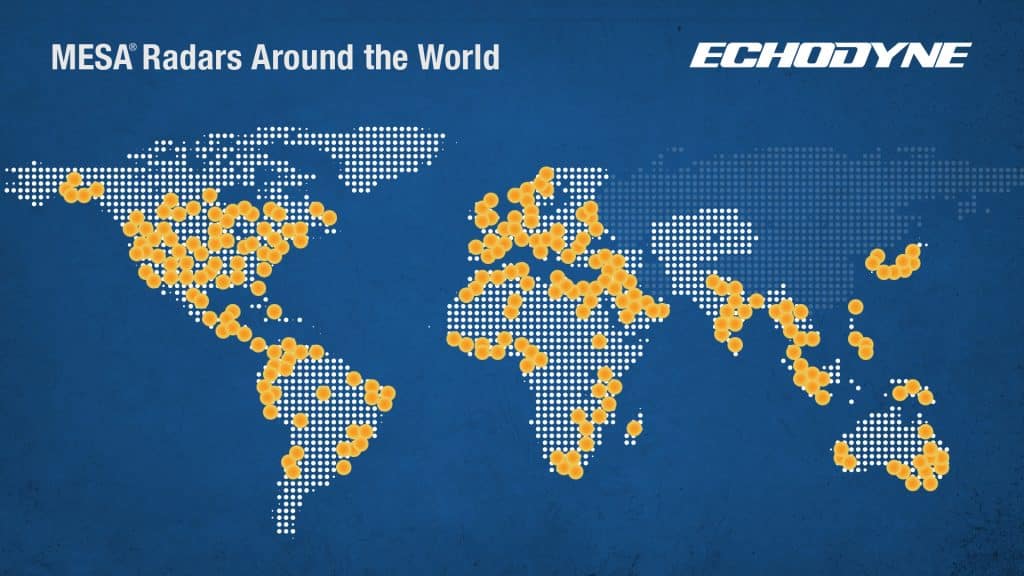RTCA and EUROCAE Join Forces to Host the Aviation Summit: Future Connectivity
August 7, 2023
Washington/Paris, August 3, 2023 – RTCA and EUROCAE are excited to announce their collaboration in organizing the groundbreaking “Aviation Summit: Future Connectivity”. This virtual summit is set to take place on October 25, bringing together leading experts and stakeholders from the aviation industry to address the pivotal topic of datalink communication in aviation.
As the aviation industry continues to evolve, the significance of efficient and secure communication through data becomes increasingly apparent. The “Aviation Summit: Future Connectivity ” will serve as a strategic platform for industry players to address the challenges, advancements, and opportunities presented by datalink technology in modern aviation.
“We are thrilled to partner with EUROCAE to host this landmark summit,” said Terry McVenes, President and CEO of RTCA. “The convergence of our expertise and the collective participation of aviation leaders will undoubtedly lead to impactful outcomes in leveraging data communication for safer and more efficient skies”.
Anna von Groote, Director General of EUROCAE, added, “This summit presents an invaluable opportunity to delve into the intricacies of datalink communication, fostering a deeper understanding of its potential and the challenges it brings. Together, we can forge a path forward that harnesses the full power of data to drive advancements in aviation”.
List of the sessions:
- Opening Session: Future Connectivity for Aviation: The European Union Aviation Safety Agency, the Federal Aviation Administration, Airbus and Boeing have launched a joint cooperation initiative to rethink aviation connectivity, defining a blueprint for the modernization and harmonization of the aviation data communication landscape by 2035. Their white paper offers a jointly proposed vision for the future aviation connectivity landscape which is based on the combination of aviation specific solutions.
- Panel One: From Standardization to Implementation: What is the next step after the completion of a consensus industry standard? What validation and verification efforts do regulators undertake before a datalink standard goes into effect? What are the roadblocks for using the industry consensus standards? How can we remove these roadblocks?
- Panel Two: Protecting Communication in an Unsecure World: Datalink connectivity provides opportunities for innovation, and maintaining safety, but a reliance on connectivity may impact security assurance. A system is as secure as its weakest link, so collaboration across the industry is essential. What are the main risks and issues to be addressed? How do aeronautical industry and aviation stakeholders intend to assess, identify and mitigate these risks and issues?
- Panel Three: Enabling Green Operations Through Datalink Standards: The potential benefit of datalink is twofold: on the one hand it establishes the aircraft as a source of data which can be downlinked to the ground or cross-linked to other aircraft. This may lead to improved flight efficiency and safety by raising situational awareness on the flight deck of other aircraft. On the other hand, datalink is used for the delivery of clearances to aircraft using CPDLC. This improves the spectrum use and increases the efficiency of ATC procedures, thereby potentially increasing airspace capacity and resulting in more efficient flight profiles.
EUROCAE and RTCA will evaluate the results of the discussions to help shape and improve the existing standard and future standardization work program to support future connectivity needs.
Attendance to the Summit is complimentary. Event and registration detail can be found here.
About RTCA
RTCA, Inc. is a non-profit corporation that serves the catalyst for aviation collaboration and consensus-based modernization of the air traffic management system. RTCA and its aviation community volunteers develop recommendations for standards and guidance for aviation systems and equipment and policies and investment priorities for operational capabilities that improve aviation safety, capacity, and efficiency. RTCA recommendations are used by the FAA as the basis for policy, program, and regulatory decisions and by the private sector as the basis for development, investment and other business decisions.
Press contact: Ka’Nika Evans (kevans@rtca.org)
About EUROCAE
EUROCAE develops high-quality aviation standards, which are built upon the expertise of more than 4500 highly skilled experts nominated by EUROCAE’s 450 European and global members. EUROCAE standards are referenced by all major European and international regulators. They build upon state-of-the art expertise of its members, are fit for purpose and adopted internationally, support operations, development and regulations, and address emerging global aviation challenges.
The standards are developed by over 50 Working Groups (WGs). To enhance global harmonisation, many EUROCAE Working Groups are working in close cooperation with our partner organisations, such as RTCA or SAE.
- Member Press Release


